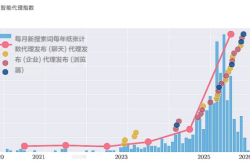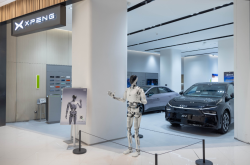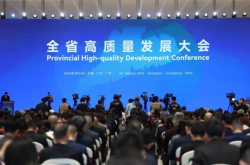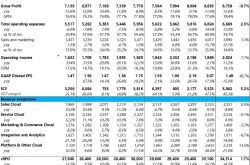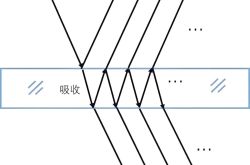Vaisala seeks to eliminate 'greenwashing' in carbon capture through new measurement solutions
![]() 10/23 2024
10/23 2024
![]() 635
635
Carbon Capture, Utilization, and Storage (CCUS) is an area that has attracted significant public debate and investment. Accurate knowledge of the quantity and quality of captured carbon is crucial if CCUS is to become a viable addition to the climate change mitigation toolkit. Compared to the most commonly used measurement solutions in CCUS processes today, Vaisala's new MGP241 multi-gas probe offers continuous measurement data at one-third of the cost.
Global measurement technology company Vaisala today introduced a new measurement product, the MGP241, specifically designed to enable transparency in CCUS projects. If governments and private companies are to achieve their reported decarbonization goals, they will need to use CCUS to reduce and offset carbon emissions. However, as the technology is still in its infancy, continuous and accurate measurement of captured carbon is crucial to ensure its sustainable development.
'Nobody knows yet whether CCUS will really become an essential solution to our climate change challenges. The technology is still in its early stages. What we can solve now is how to make the measurements of these projects as transparent and efficient as possible, leaving no room for guesswork or embellishment of results – our numbers don't lie,' says Julia Salovaara, Strategy and Business Development Manager at Vaisala.
Key industries rely on CCUS
The CCUS sector has seen some significant investments. According to BloombergNEF, investments in CCUS technology reached a record USD 6.4 billion in 2022, more than double the previous year, with the United States leading the way with 45% of total investment. However, many projects are behind schedule or have not met their promised results.
The success of CCUS technology is especially important for industries that find it difficult to reduce emissions, such as materials manufacturing, energy production, or chemicals. Facing increasing pressure from regulators and the public to decarbonize their operations due to high emissions and few effective solutions beyond improving energy efficiency, these industries are turning to CCUS as a potential solution.
One particularly important industry is cement, which alone accounts for 7% of global CO2 emissions. Furthermore, global cement demand is projected to grow by 12-23% by 2050. One early success story is Carbonaide, which helps the cement industry utilize captured CO2 in concrete production.
Through a carbonation process, Carbonaide's technology reduces the amount of cement required for concrete production. While significantly reducing the need for cement by 20-100%, the process also creates a permanent storage space for carbon captured from emission sources. The solution has already been implemented by Finnish concrete producer Rakennusbetoni- ja Elementti Oy in Hollola, Finland, and has so far achieved a milestone of storing 30 tons of CO2 by 2024.
Carbonaide has worked with Vaisala from the beginning to ensure that they have an exact understanding of the progress of each step of the process and how much carbon is ultimately stored.
'If Carbonaide's technology were applied globally to prefabricated concrete products, it could potentially store up to 500 million tons of CO2 annually by 2050 – roughly equivalent to the combined annual emissions of France and the United Kingdom. Our investment case for customers is entirely based on accurate measurements and transparency. With Vaisala, we can be confident that the numbers we share with our partners are correct,' says Jonne Hirvonen, COO of Carbonaide.
Transparent measurements at significantly reduced costs
The MPG241 measures CO2 and humidity in point-source and direct air capture processes as well as in various carbon utilization and storage projects.
Unlike traditional gas analyzers, Vaisala's MGP241 does not require expensive calibration gases, has significantly reduced maintenance needs, and is guaranteed to last over 10 years under heavy use. The compact size and in-situ design of the instrument contribute to its competitive pricing – about one-third of the cost of the most common solutions on the market.
'Our new probe measures the gas flow directly and displays the results in real-time. This level of transparency and assurance is crucial for process optimization, building trust with stakeholders, and demonstrating a genuine commitment to sustainability,' concludes Salovaara.
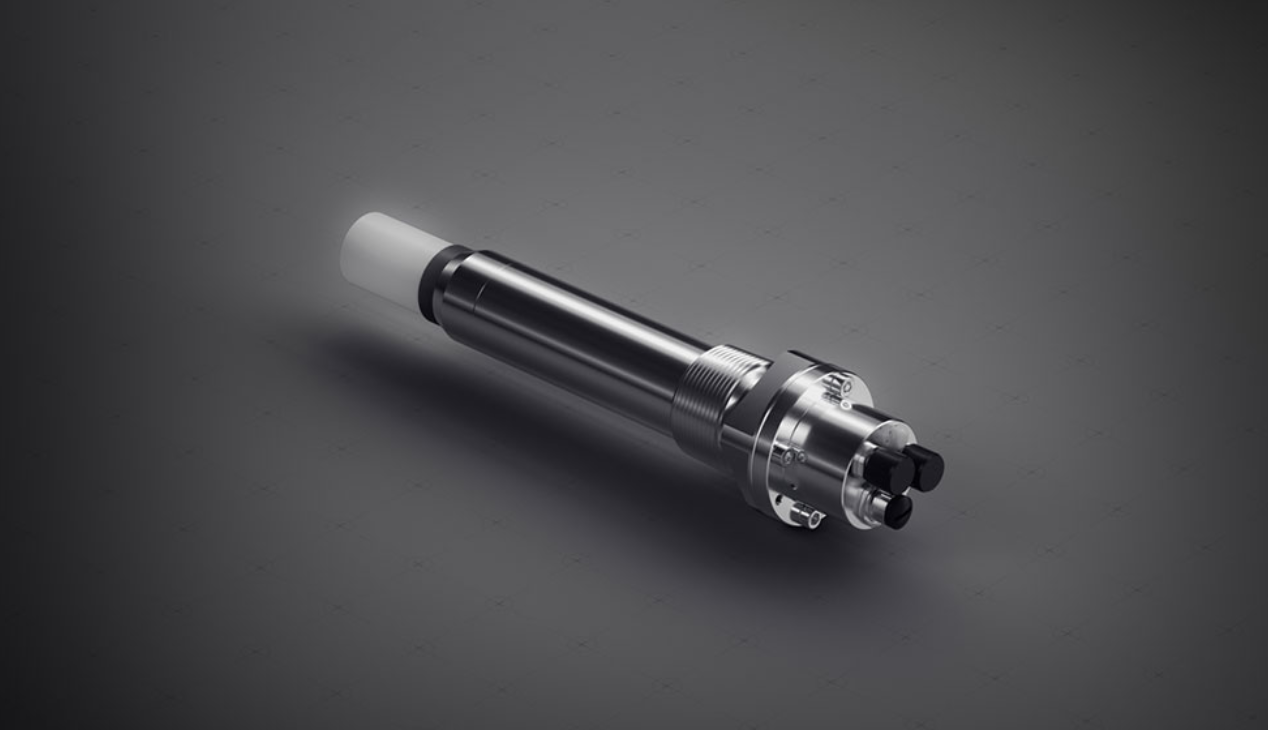
Compared to the most commonly used measurement solutions in CCUS processes today, Vaisala's new MGP241 multi-gas probe offers continuous measurement data at one-third of the cost
###
Vaisala provides measurement instruments and intelligent applications. We are active explorers and actors in the fight against climate change. We enable our customers to enhance resource efficiency and drive the energy transition with reliable measurement equipment and data, all while working to safeguard people and improve societal well-being for a better world. Drawing on almost 90 years of innovation and expertise, our team of over 2,300 professionals is dedicated to protecting our planet. Vaisala's A-shares are listed on the Nasdaq Helsinki stock exchange.

